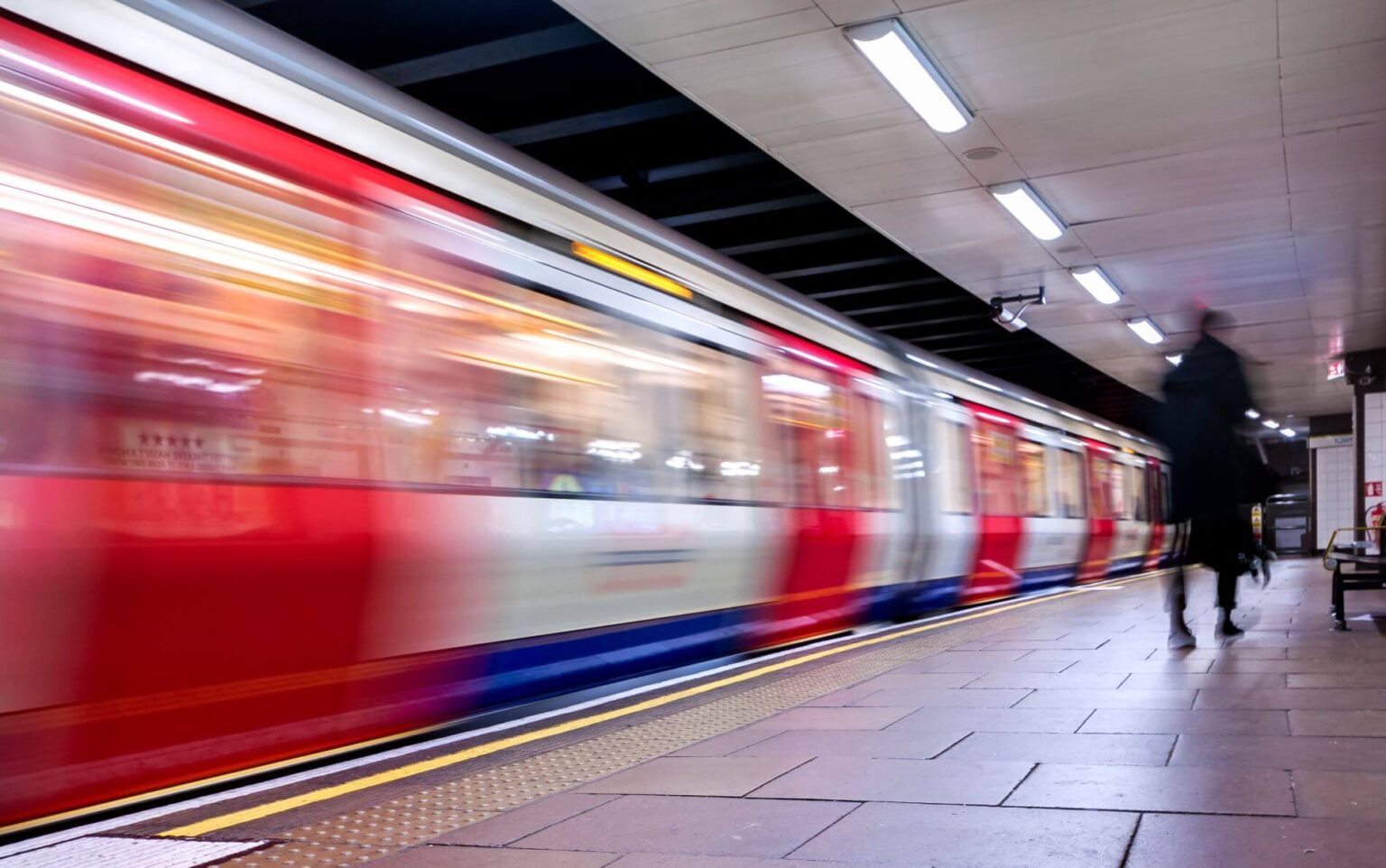The Mayor of London, Sadiq Khan has recently shared his concerns over the city of London becoming “hollowed out” due to more employees working from home.
However, Jitesh Patel, CEO of London-based office design company Peldon Rose, says that other factors, particularly expensive commutes to the city, are keeping workers away from the office, as many are weighing the high costs of travel against the benefits of remote and hybrid working.
Khan and his City Hall team have now requested the Department of Transport to consider “innovative” ways to make rail travel more attractive for London commuters.
London commutes becoming untenable for workers
Over the last year, many UK companies have enforced return to office (RTO) policies, leading to a great amount of backlash from employees, particularly those with flexible working arrangements.
However, Khan’s concerns, which he shared with the BBC last week, suggest that he could also be on board with this change, though he pointed to businesses being responsible for making the office environment more appealing to workers.
During an event hosted by consultancy firm Project Leaders, Khan commented that London “cannot afford” to become a city where “the centre has been hollowed out” due to employees working from home.
According to a report by Transport for London (TfL), the number of commuters encouraged to work from home had doubled from 0.78 million pre-pandemic to 1.57 million in 2023/24.
Statistics reported by London Centric also revealed that the average Londoner took less than two trips per day last year and that the average distance travelled in London is 11.3 km per person per day – a 14% decrease compared to pre-pandemic levels.
Office boss points to commuting as the culprit
However, remote working may not be the only reason for Khan’s concerns.
Not only is London considered to be the most expensive city to commute to, but a study reported by IF Magazine revealed that the average UK train fare costs commuters £3,454 per year and that the cost of commuting is rising 3% faster than inflation. What’s more, tube and rail fares in London are expected to increase by 4.6% from March 2025, according to TfL.
The expensive cost of commuting is having a significant impact on hiring talents. Due to the UK’s housing crisis – which has seen 22% of UK SMEs struggling to attract and retain staff – many young professionals are having trouble affording extortionate rent costs in the city.
But even with firms having to hire from outside London, many workers are unable to afford the commute to the office.
Patel commented: “One of the biggest concerns we hear from employees when companies increase in-office working days is the reliability and cost of commuting.
“I urge the Mayor to explore more innovative TfL fare structures. Combining affordable commuting options with offices designed for the modern workforce is essential to preventing London’s centre from becoming ‘hollowed out’.”
Off-peak Fridays trial
In an attempt to boost commuting numbers and get more employees back into the office, Khan temporarily implemented an “off-peak Fridays” trial last year, where a discount was applied to peak times on Fridays.
However, TfL said that this didn’t make a difference and didn’t increase the number of passengers using the network.
“While the off-peak Fridays trial was a welcome initiative, a three-month period – especially during a time of frequent worker strikes – is simply not enough,” Patel added. “I urge the Mayor to extend the trial and explore more innovative TfL fare structures.”
How are office providers responding?
While Khan has urged employers to encourage employees back to the office, some companies are already taking steps to make the workplace more enticing for employees and provide good value for money after an expensive commute.
For example, Revolut signed a 10-year lease with the YY London building in Canary Wharf last summer, with plans to relocate in March 2025. Employee benefits offered by the new space include additional desk space, showers, cycle parks, two restaurants, a cafe and an outdoor terrace.
Meanwhile, HSBC, which requires employees to attend the office three days a week, shared its plan to transform its iconic office tower in Canary Wharf, replacing desk space with open terraces and sports court. Work on this new project is set to begin in 2027.
Patel commented: “Many employers are thinking about ways to encourage their employees to spend more time in-office, leading to businesses seeking our expert services to help re-imagine their office environments.
“Rather than downsizing to match shifting office trends, companies are repurposing their spaces – introducing more communal areas, on-site gyms, and coffee shops – to foster a vibrant office culture and create destinations staff want to return to.”
With commuting costs on the rise and workers demanding more flexibility, companies are rethinking their office environments to offer better value.
Plus, for small businesses and SMEs, trendy coworking spaces in London are now more affordable than ever, offering a viable solution with flexible leases and cool, collaborative spaces. This makes it easier for companies to provide a vibrant workplace that employees actually want to come back to, without breaking the bank.




